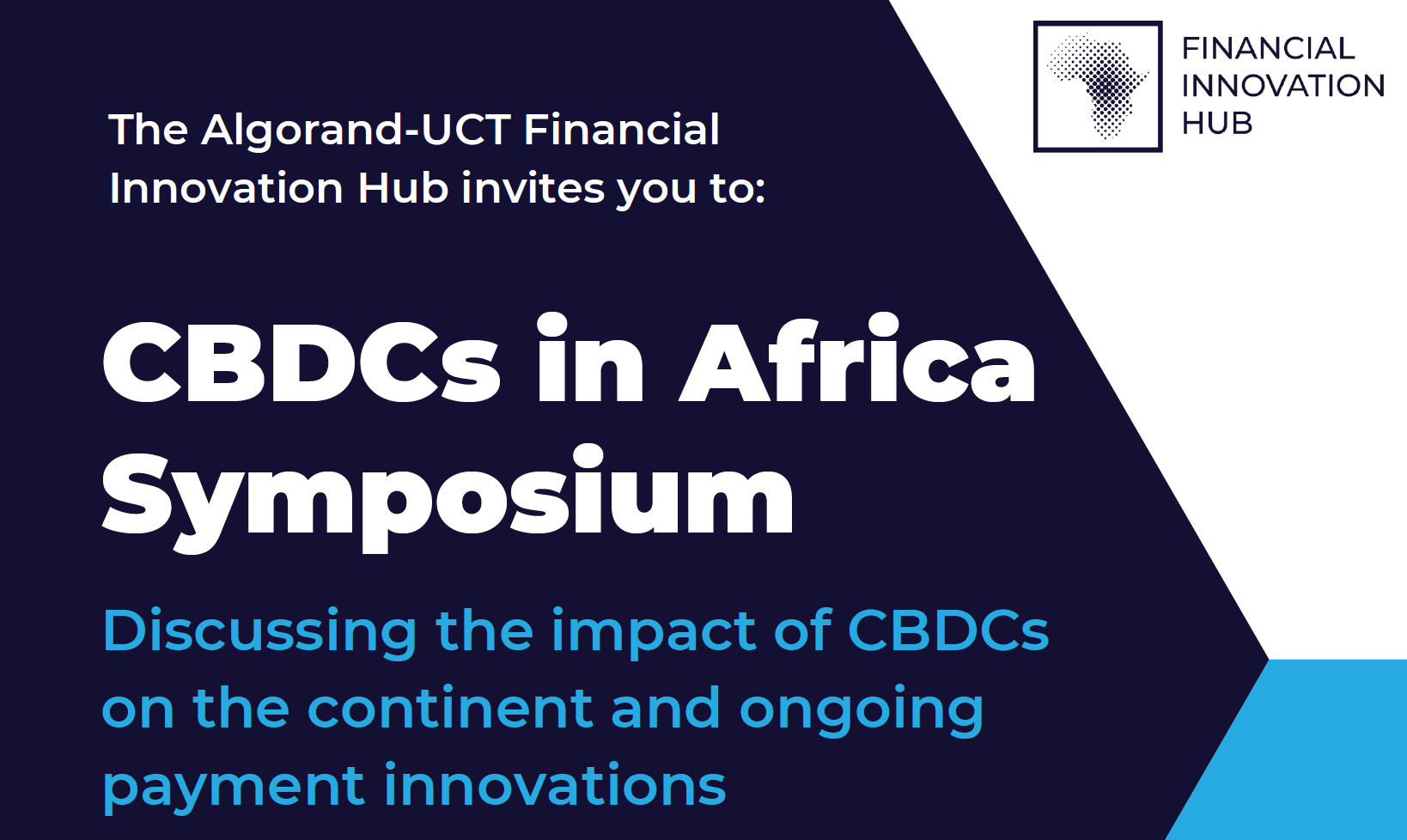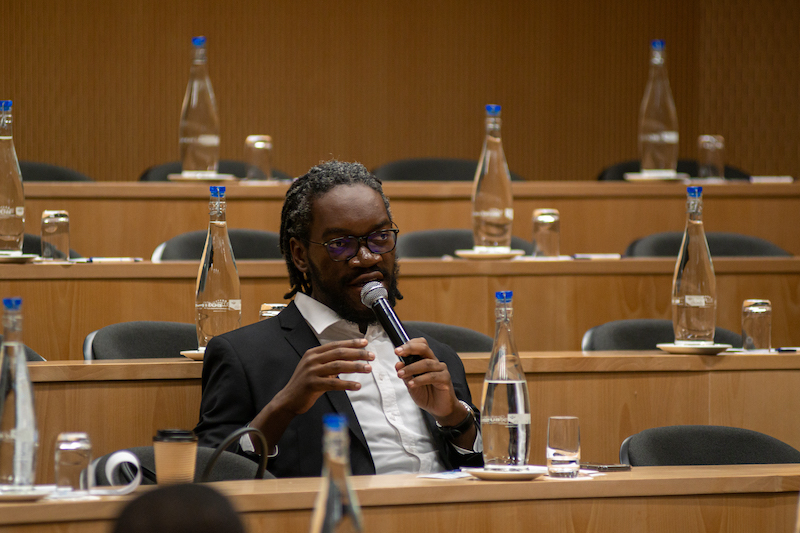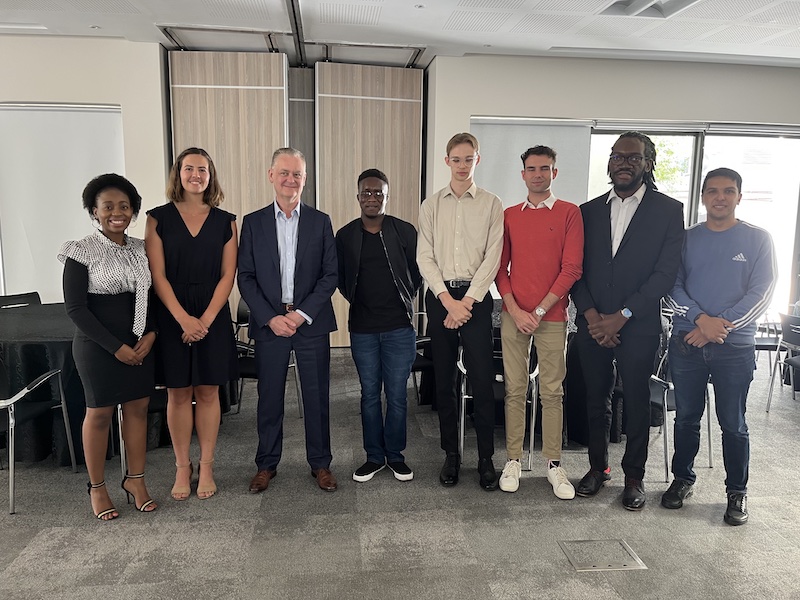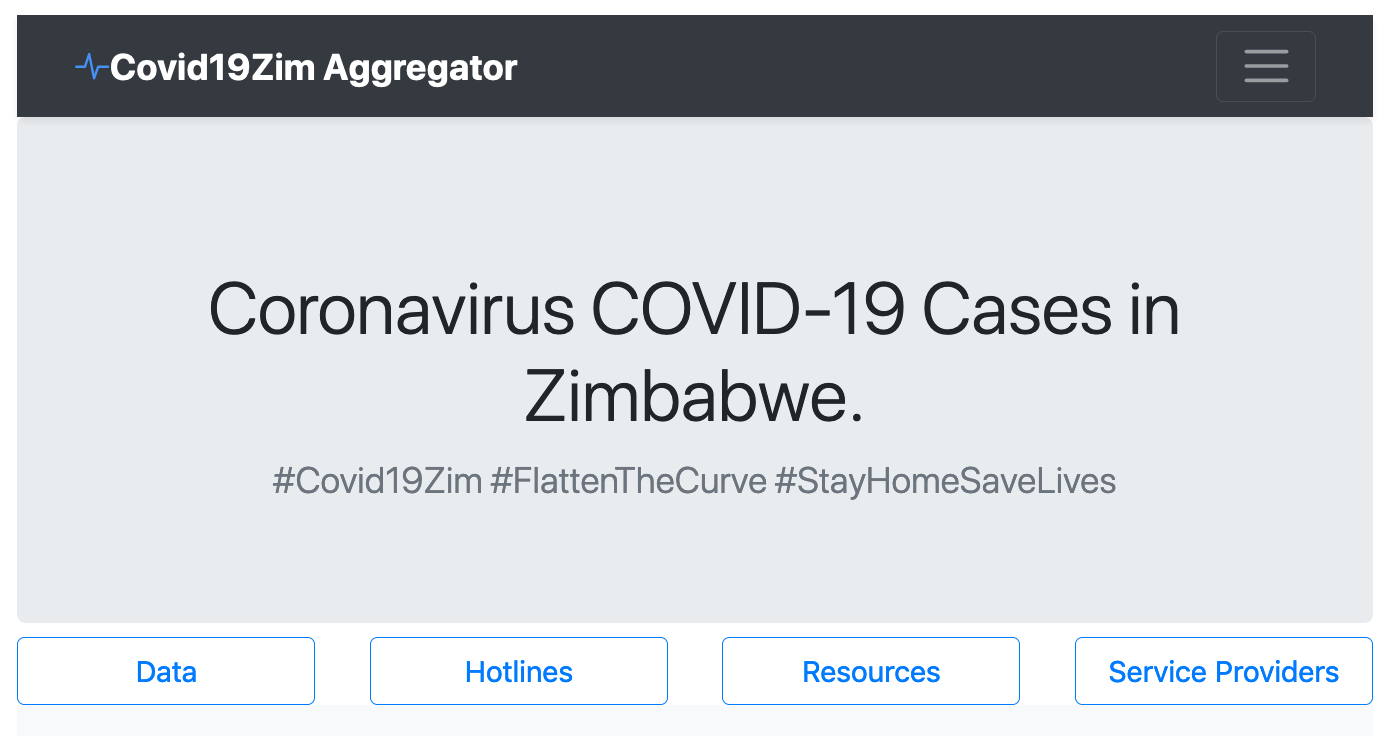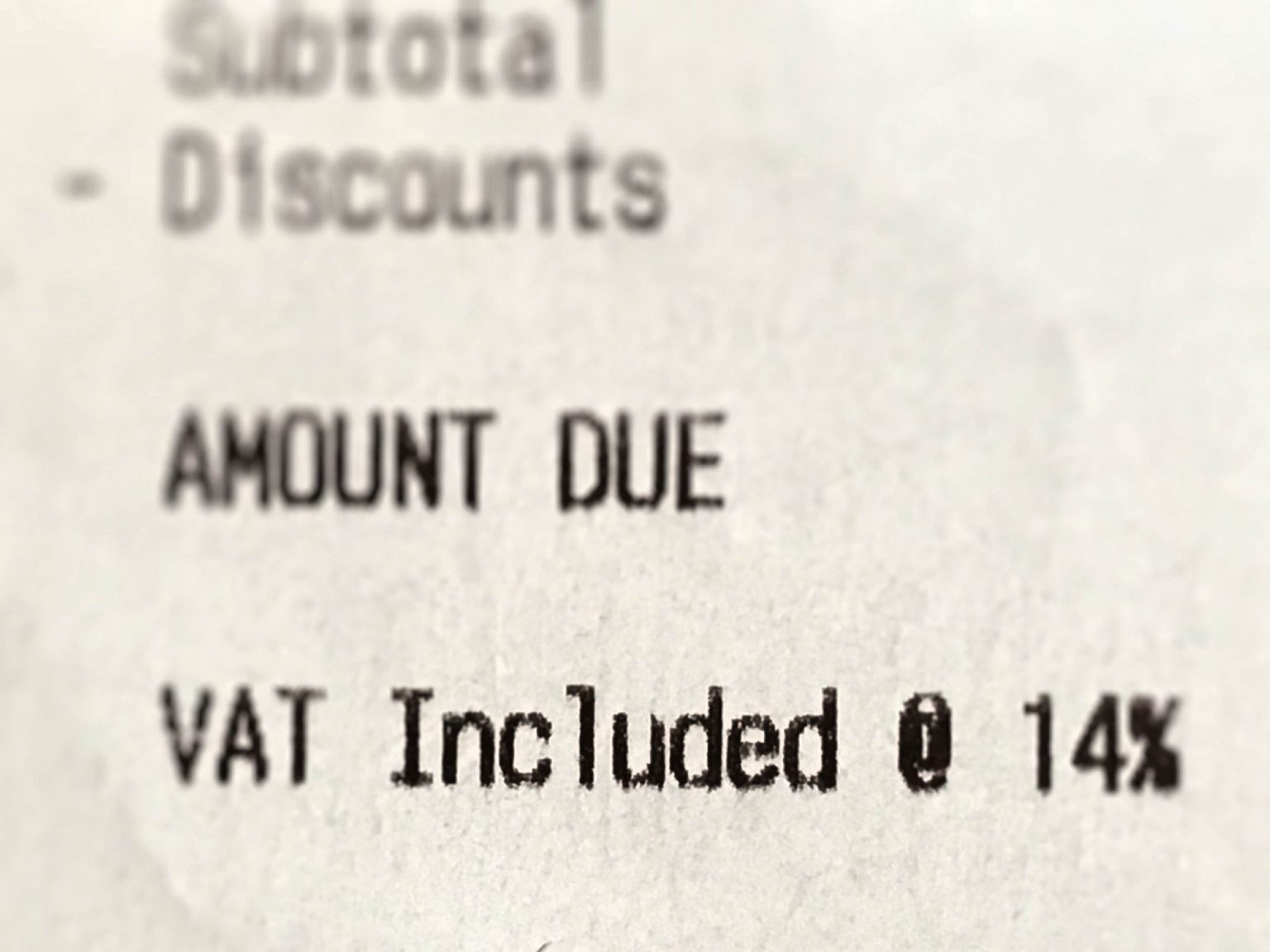2022 has been a “cold” year for the crypto industry – crypto prices collapsed, Terra’s USD stablecoin crashed and last month, the FTX crypto exchange filed for bankruptcy. The resulting contagion affected crypto-lenders such as Genesis Trading, Gemini and Galaxy (and there is a possibility that other crypto trading venues may fail in the near-future).
To the outside observer, it is easy to conflate the FTX failure as a failure of crypto or more broadly blockchain/web3 (perhaps akin to attributing the dot com busts in 2000 as a failure of the internet). In my opinion, this is not the case, the FTX failure was a failure in governance, risk management & fiduciary duty. It was a failure resulting from centralisation and not a failure of blockchain technology.
How can this be avoided in the future? Distributed ledgers do need governance that is responsible and transparent e.g. proof-of-reserves. In particular, centralised exchanges (CEX) as compared to decentralised exchanges (DEX) do require some guardrails of sorts – e.g. periodic stress testing (liquidity risk & counterparty risk) and reporting. The hope is that regulators come forward with sustainable and not draconian measures as a result of knee-jerk reactions, and trading venues move more towards transparent governance and reporting.
One of the recurring questions in the wake of the FTX failure (together with the others from 2022) is whether crypto has any real-life utility. I wrote a post on crypto utility, financial inclusion and stablecoins where I cite real-life projects (Mandla Money, Stellar Aid Assist) that are using stablecoins to drive financial inclusion and/or deliver humanitarian aid – proving that crypto does indeed have utility apart from speculation.
Although much of 2022 has been crypto winter and dominated by bad press, I share the same sentiments with Pershing Square’s Bill Ackman that “crypto technology’s potential for beneficent societal impact may eventually compare with the impact of the telephone and internet on the economy and society.“

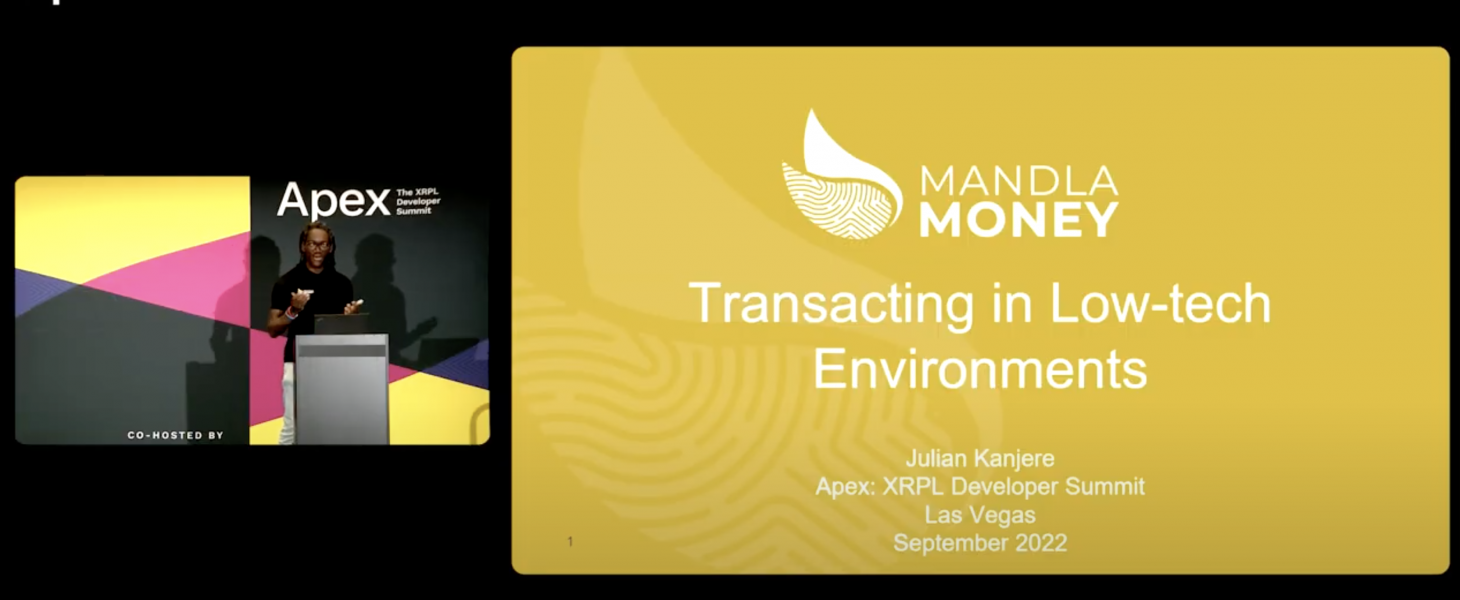
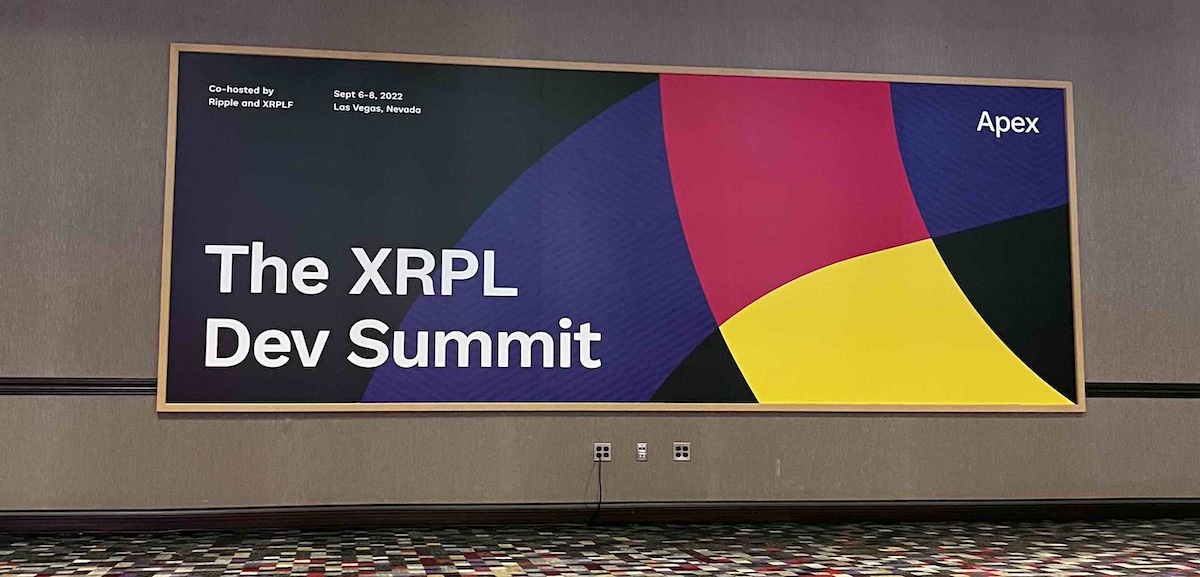
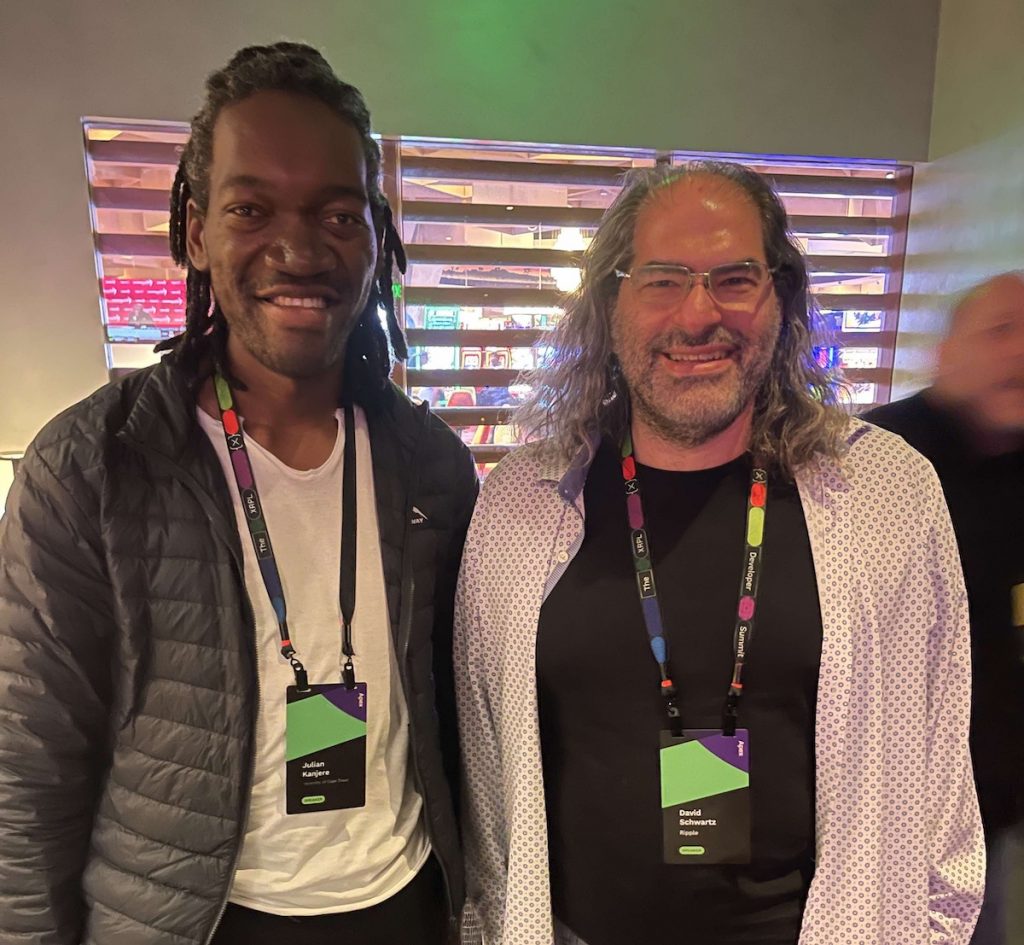
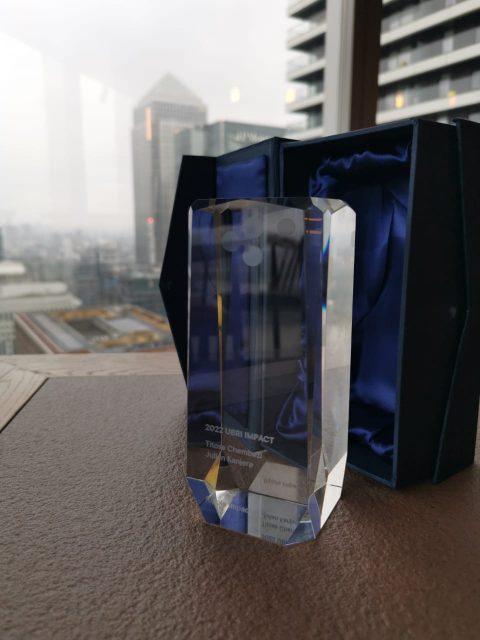


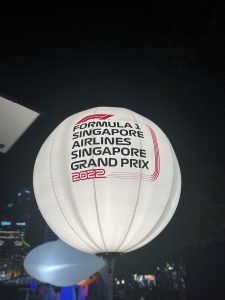 Outside of the Algorand events, I got to network with some of the TOKEN2049 crowd, enjoy the views from the top of the Marina Bay Sands and capped of the weekend with the F1 Marina Bay Night Race which did not disappoint.
Outside of the Algorand events, I got to network with some of the TOKEN2049 crowd, enjoy the views from the top of the Marina Bay Sands and capped of the weekend with the F1 Marina Bay Night Race which did not disappoint.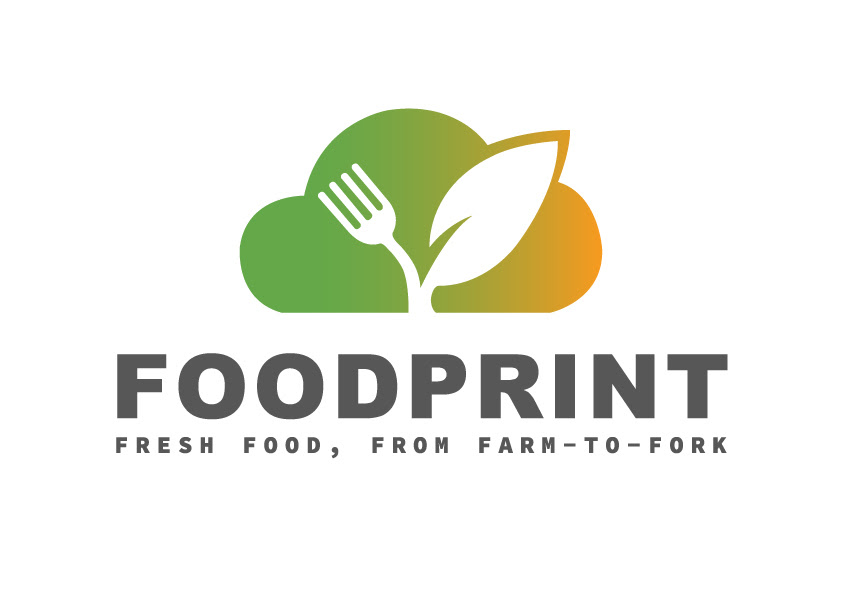
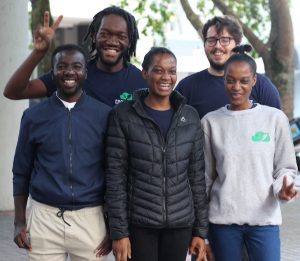 The FoodPrint team is growing, and in particular, our tech team is firing on all cylinders. We have an immediate need for a Community Manager – someone with expertise in agriculture, connections to farmers and cooperatives, entrepreneurship and community building. In addition, we are also seeking to partner with more AgriHubs/food cooperatives and bulk produce buyers/retailers – we would like them to hop on board as early adopters of our platform. If you can assist with either, drop us an email
The FoodPrint team is growing, and in particular, our tech team is firing on all cylinders. We have an immediate need for a Community Manager – someone with expertise in agriculture, connections to farmers and cooperatives, entrepreneurship and community building. In addition, we are also seeking to partner with more AgriHubs/food cooperatives and bulk produce buyers/retailers – we would like them to hop on board as early adopters of our platform. If you can assist with either, drop us an email  At the end of 2021, we started work on our WhatsApp chatbot, and I am excited to say that we are almost ready to pilot this. Using our low-tech WhatsApp chatbot, farmers can register to the FoodPrint platform, and everytime they harvest and sell produce, they record this on the chatbot – creating a digital record (anchored on the blockchain) that links them to potential buyers and finance service providers (in future). The WhatsApp chatbot will be free
At the end of 2021, we started work on our WhatsApp chatbot, and I am excited to say that we are almost ready to pilot this. Using our low-tech WhatsApp chatbot, farmers can register to the FoodPrint platform, and everytime they harvest and sell produce, they record this on the chatbot – creating a digital record (anchored on the blockchain) that links them to potential buyers and finance service providers (in future). The WhatsApp chatbot will be free The FoodPrint platform also supports product-specific QR Codes for consumers to scan, and read the claims or the story behind the food they are buying or about to consume. Here is an example – scan with your mobile device – and see what a provenance record looks like.
The FoodPrint platform also supports product-specific QR Codes for consumers to scan, and read the claims or the story behind the food they are buying or about to consume. Here is an example – scan with your mobile device – and see what a provenance record looks like.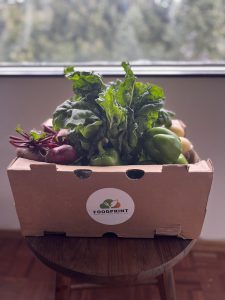 We have partnered with PEDI AgriHub in Philippi Cape Town, and are piloting a fresh produce harvest box in the Southern Suburbs of Cape Town! We are especially excited about this as this is an immediate way for us to add value to local farmers and provide the farmers they support with market access. The harvest box contains fresh, quality seasonal produce. If you would like to purchase a weekly fresh produce box, you can get in touch
We have partnered with PEDI AgriHub in Philippi Cape Town, and are piloting a fresh produce harvest box in the Southern Suburbs of Cape Town! We are especially excited about this as this is an immediate way for us to add value to local farmers and provide the farmers they support with market access. The harvest box contains fresh, quality seasonal produce. If you would like to purchase a weekly fresh produce box, you can get in touch 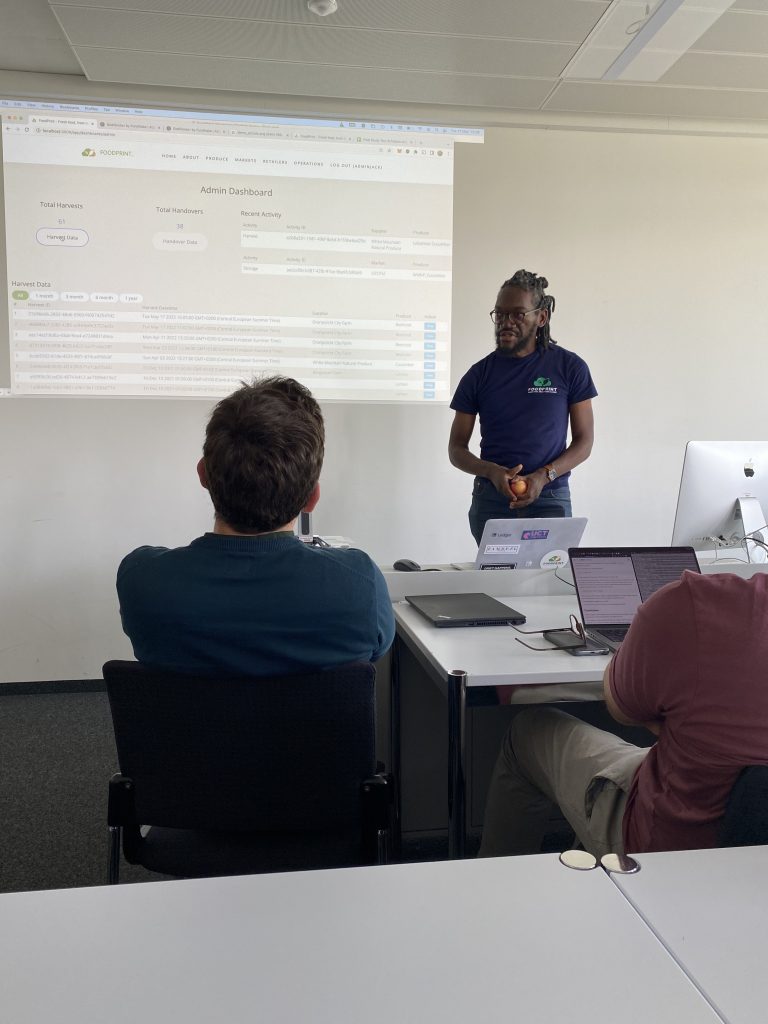 And lastly, last month, I had the opportunity to share how FoodPrint is bringing blockchain technology to food supply chains in sub-Saharan Africa at a blockchain workshop in Zurich, arranged by the
And lastly, last month, I had the opportunity to share how FoodPrint is bringing blockchain technology to food supply chains in sub-Saharan Africa at a blockchain workshop in Zurich, arranged by the 